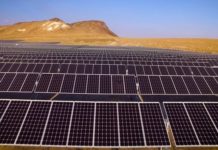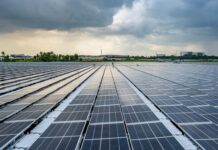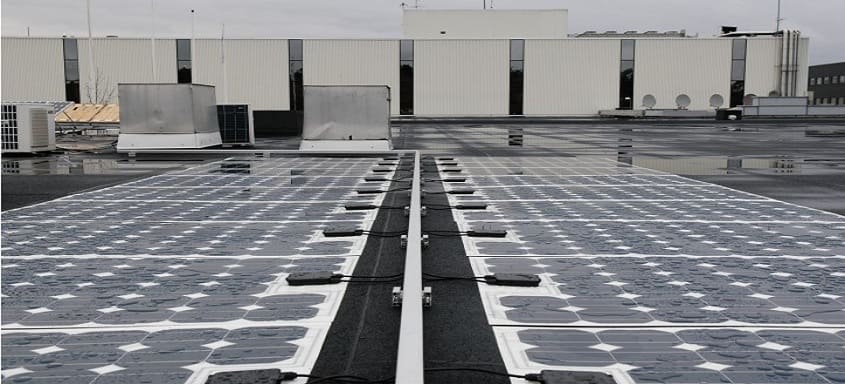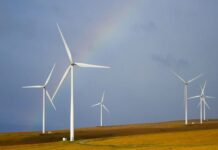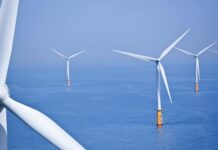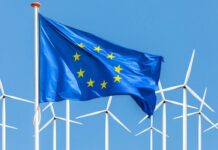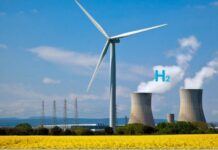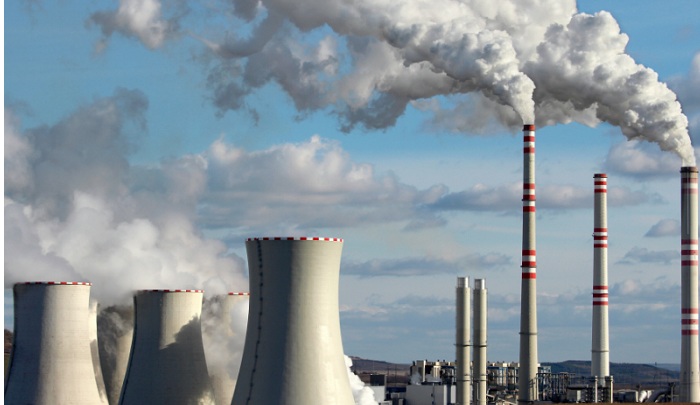The leaders of African nations are likely to exploit the upcoming UN climate meeting in November to press for significant new investments in fossil resources in Africa.
The world’s ability to keep global warming to 1.5C over pre-industrial levels would be all but unachievable with new gas development and the exploitation of Africa’s enormous oil reserves. Amid the current gas scarcity, industrialised nations, especially EU members, have stated they would support such advances. However, rising gas prices have made the idea of African supplies even more alluring.
The majority of the African states make up the African Union, which issued a technical report for the “second extraordinary session of the specialist working group on transcontinental and interregional infrastructure, transport, and energy committee, a gathering of energy ministers that was held by video conference from June 14 to 16.
The five-page paper and the 25-page explanation that goes with it show that many African nations support a common negotiating position that would involve promoting more fossil fuel output throughout the continent at the Cop27 UN climate summit, which is slated for this November in Egypt. According to the report, fossil fuels, notably natural gas, will have to play a significant role in increasing access to modern energy while also driving the uptake of renewables.
This week, the African Union’s member nations will reassemble in Addis Ababa to decide on the course of action. They are expected to argue that while wealthy nations have already benefited from their fossil fuel riches, Africa must be permitted to do the same and that industrialised nations must take the initiative in making significant reductions in their emissions.
Environmental activists from all over the continent worry, however, that the manipulation of gas and oil in Africa would undermine global climate goals, obstruct the growth of renewable energy in Africa, and, rather than be used to benefit the common people, would augment multinational corporations, investors, and the elite in some nations.
The director of the think group Power Shift Africa, Mohamed Adow, stated that switching from renewable energy to fossil fuels would be a disaster for Africa. The sun, wind, and other renewable energy sources are abundant in Africa. He said Africa shouldn’t be bound for years to expensive fossil fuels.
The prospect that African leaders are trying to present and are going to push for gas developments and investment is overpowering and careless given the climatic changes that threaten the lives of millions of people in Africa after seeing worsening droughts and hunger, recurrent floods, and cyclones, said the coordinator of the Africa Coal Network, Lorraine Chiponda. No socio-economic justice for Africans has been brought about by fossil fuel initiatives, as 600 million people still live in energy poverty in Africa.
The International Energy Agency issued a warning last year that if the world was to stay below 1.5 degrees Celsius of pre-industrial levels, no new fossil fuel discoveries could occur. Recent extreme weather in Europe and North America, such as heatwaves and wildfires, has heightened concerns that the climate problem is spreading more quickly than originally thought. The effects of the climate crisis are also anticipated to cause the most damage to African nations. Currently, a sizable portion of the Horn of Africa is experiencing drought, and the World Food Programme has cautioned that millions of people are advancing into hunger.
However, the conflict in Ukraine and the aftermath of the COVID outbreak have driven up gas prices, prompting many nations to view the remaining untapped deposits in Africa as a possible gold mine. Numerous carbon bombs, or fossil fuel reserves, were discovered earlier this year, placing global climate goals well out of reach.
According to the regional coordinator of Climate Action Network Arab World, Fatima Ahouli, leaders pushing for further fossil fuel extraction are supporting a new kind of colonialism.
The same hungry nations who only see Africa as a jackpot are calling for more and fresh fossil fuel extraction in Africa, she claimed. Africa’s gas supply is expected to be one of the Cop27 climate talks’ flashpoints. Following Vladimir Putin’s invasion of the Ukraine and subsequent threats to gas shipments from Russia, the EU has made it clear that it will assist with the production of gas in Africa. This is because the EU urgently needs to find alternative supplies of gas.
The chair of the Elders group of former statesmen and prominent business figures, Mary Robinson, has also weighed in on the matter. In a contentious interview earlier this year, she insisted that African countries must be permitted to use their gas, but that it must only be used domestically, for electricity, and as a clean cooking fuel rather than be exported to the EU.
Africa still has 580 million people who do not have access to electricity or other forms of modern energy. According to Adow, using gas in Africa would only commit nations to a high-carbon future. He urged wealthy nations to provide money and assistance so that less developed nations can switch to renewable energy sources. Africa has a lot of potential for renewable energy, but the continent needs assistance building the necessary infrastructure.



